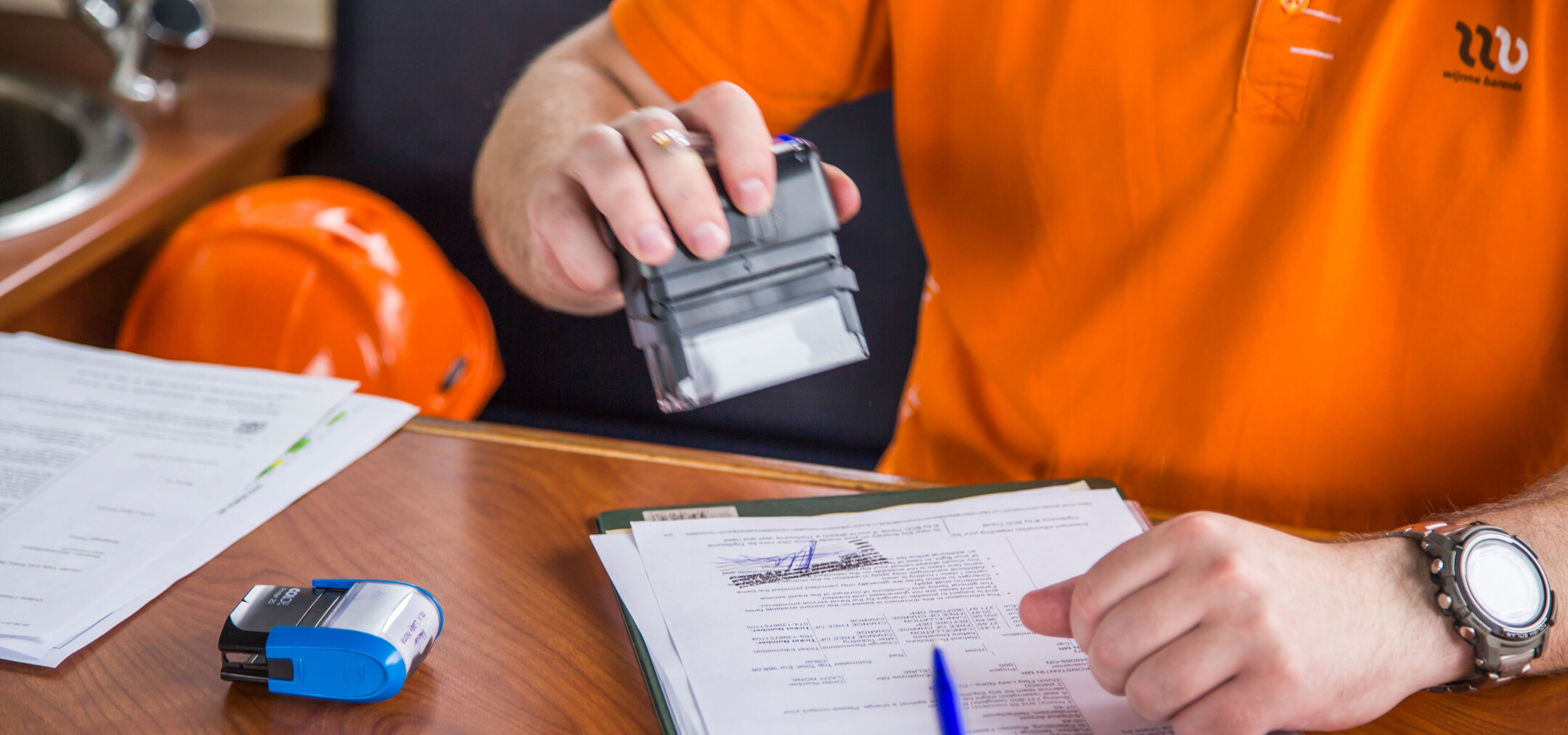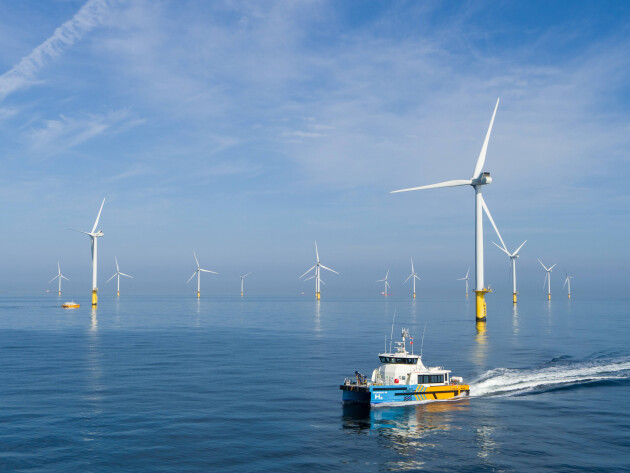
Maritime Single Window
To streamline maritime transport, seagoing vessels must be able to submit their port arrival notifications easily, in a uniform manner, and only once. Therefore, the KVNR advocates for the swift and effective implementation of the European Maritime Single Window (EMSWe).
Why is this important?
Prior to entering a port, a ship is required to submit various required reports and documentation, such as customs forms, security certificates, and cargo information. The way this information is provided varies from port to port.
To harmonise these reporting formalities across the EU, the EU introduced Directive 2010/65, which requires all EU member states to establish a Maritime Single Window A Maritime Single Window/electronic portal is an online system where individuals or companies can digitally manage various matters with the government or other authorities. Instead of having to go physically to an office to fill out forms or submit documents, everything can be done via the internet . The goal was, the EU had hoped, to reduce barriers to maritime transport as much as possible.
However, in recent years, the MSW directive has not achieved the desired effect. Administrative burdens on board have not decreased; in fact, they have significantly increased. This occurred because different EU member states and their ports were given the flexibility to interpret the directive in their own way. This continues to cause frustration for captains, crew, and shipowners.
Following significant pressure from the industry, the European Commission initiated a corrective procedure. To replace the MSW Directive, the new EMSWe regulation A regulation is binding legislation issued by a government authority, such as the European Union. It applies directly to all member states and has the force of law without national governments having to transpose it into their own legislation first. was adopted. The primary aim of this regulation is to establish harmonised rules for submitting required data, ensuring that information can be reported uniformly across all European maritime electronic systems.

How should we solve it?
The implementation process of the new EMSWe regulation began in mid-August 2019 and was set to take six years to complete. There is still significant work to be done regarding the implementation before the end of 2025. It is crucial that this implementation process proceeds smoothly and effectively reduces the administrative burden on board, ensuring that ships can report uniformly in all EU ports, without the need to submit the same reports repeatedly within the EU.
EMSWe should also ensure that only essential reporting information is required from ships and that the number of requested elements is minimized, as outlined in the Convention on Facilitation of International Maritime Traffic .
During the implementation phase, ships should be enabled to continue to submit their maritime reports electronically using FAL forms, which are standardized under the FAL Convention. According to Article 7 of the MSW Directive, EU member states must continue to accept FAL forms, though exclusively in electronic format since July 1, 2015.
State of affairs - November 1, 2024
The new EMSWe regulation was published on July 25, 2019, and came into effect on August 15, 2019.
This regulation will replace the current MSW Directive following a six-year implementation period, with the MSW Directive set to be formally repealed on August 15, 2025.
On February 3, 2023, Delegated Regulation 2023/205 and Implementing Regulation 2023/204, which supplement the EMSWe Regulation, were published. The delegated regulation includes the EMSWe dataset, while the implementing regulation outlines the technical specifications, standards, and procedures for the EMSWe.
In September 2024, it became evident that most EU member states are unlikely to meet the August 15, 2025, deadline, despite the six-year implementation period granted to them.
Expert and press contact




